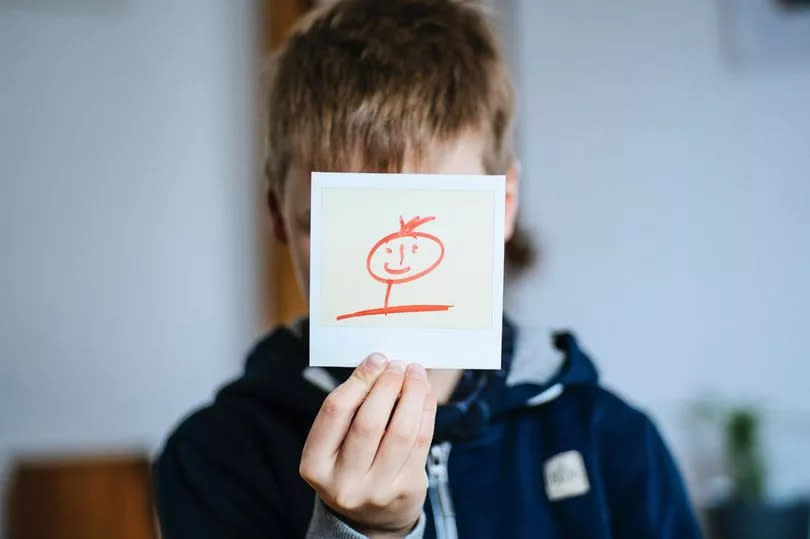Early signs and symptoms of autism in children and the age they start showing

Autism spectrum disorder (ASD) is a condition that certain people are born with affecting the way that people think about or experience the world.
The National Autistic Society say that: "Autism is considered a spectrum because it’s different for every autistic person – some autistic people might need more support than others to live the lives they want to lead.
"The way autism affects you can change as you grow and develop, and experience different environments."
The charity also say that some 700,000 people live with autism across the UK. Symptoms of ASD in children can start to appear as early as 12 months of age, with the most common being problems with eye contact, no response to their name, problems following a person's gaze or pointed finger.
Read more: Autism signs in boys as study finds males are more likely to inherit condition than females
Gloucestershire Live reports that other signs could present themselves such as issues with pretend play and imitation, as well as problems with nonverbal communication. Children aren't usually diagnosed with autism until they are at least three years old, but experts can often spot developmental issues far sooner.
People with ASD can also have behaviours or interests which seem unusual, with the Centres for Disease Control and Prevention listing the following examples of restricted an repetitive behaviours and interests related to ASD:
Lines up toys or other objects and gets upset when the order is changed
Repeats words or phrases over and over (called echolalia)
Plays with toys the same way every time
Is focused on parts of objects (for example, wheels)
Gets upset by minor changes
Has obsessive interests
Must follow certain routines
Flaps hands, rocks body or spins self in circles
Has unusual reactions to the way things sound, smell, taste, look or feel
HealthyChildren.org say that most children can immediately look in the direction of an object a parent is pointing at, before looking back at a parent and mimicking an expression. Meanwhile, children on the spectrum may appear to ignore the parent.
They may also fail to show facial expressions like happy, angry, sad and surprised by the age of nine months, or don't play simple interactive games by the one-year mark. Most children will be able to reach out to objects they desire by 15 months old, but a child with ASD may take a parent's hand and lead them to an object with little to no eye contact.
Sometimes the child might even place a parent's hand on an object without touching it themselves. By 18 months, most children will look back and forth between a parent and an object to ensure their guardian is tuned in to what they are looking at - but children with ASD will often point to an object as they want a parent to get it for them - not because they want a parent to enjoy looking at the item with them.
By two years old most children will enjoy watching each other play and imitate one another. Children on the autism spectrum will not often notice if a person is hurt or upset. They may notice other children and join in with them by the age of 36 months, before pretending to be something else during play, like a teacher or a superhero, by 48 months. By 60 months, they may not sing, dance or act for you.
As autism is a spectrum, everyone with the condition is different. Some may require little to no support in life, while others may require help from a parent or carer each day.

 Yahoo News
Yahoo News 